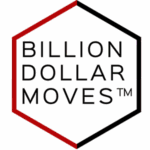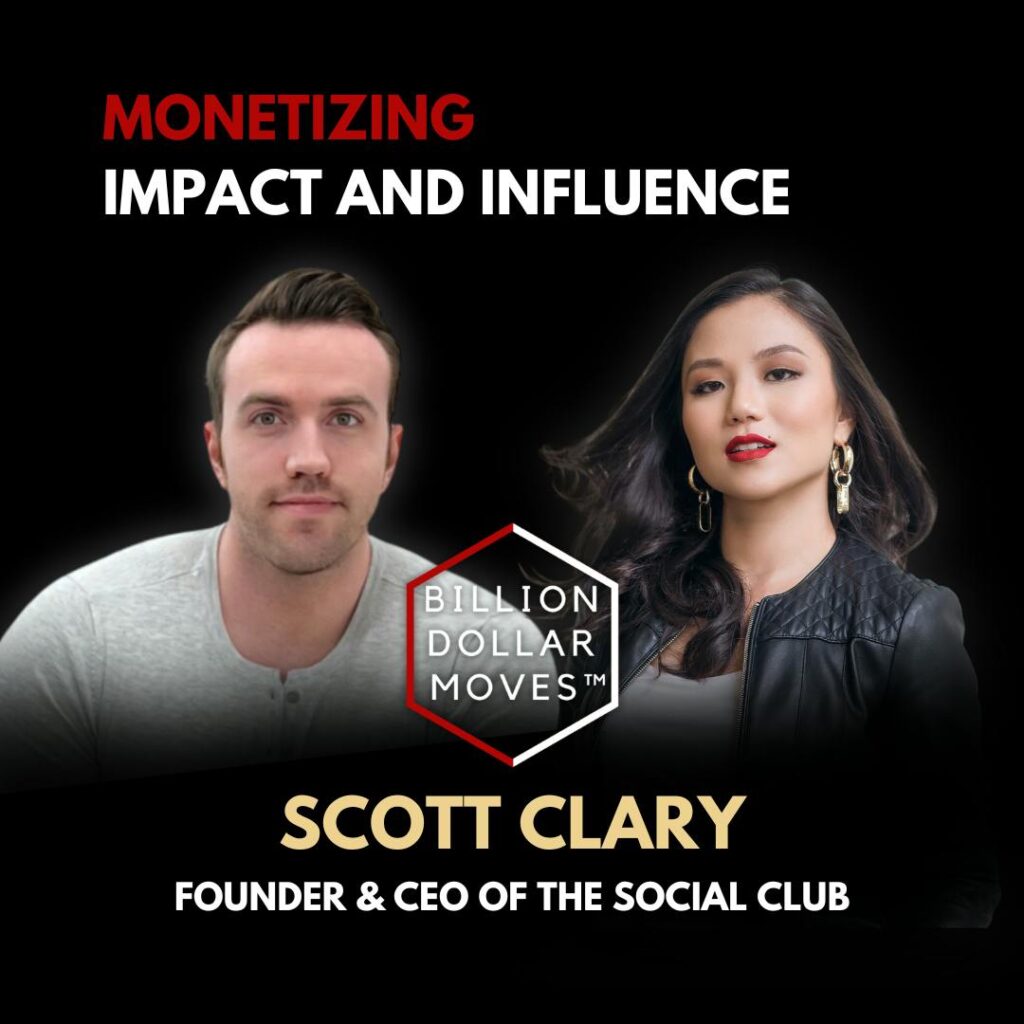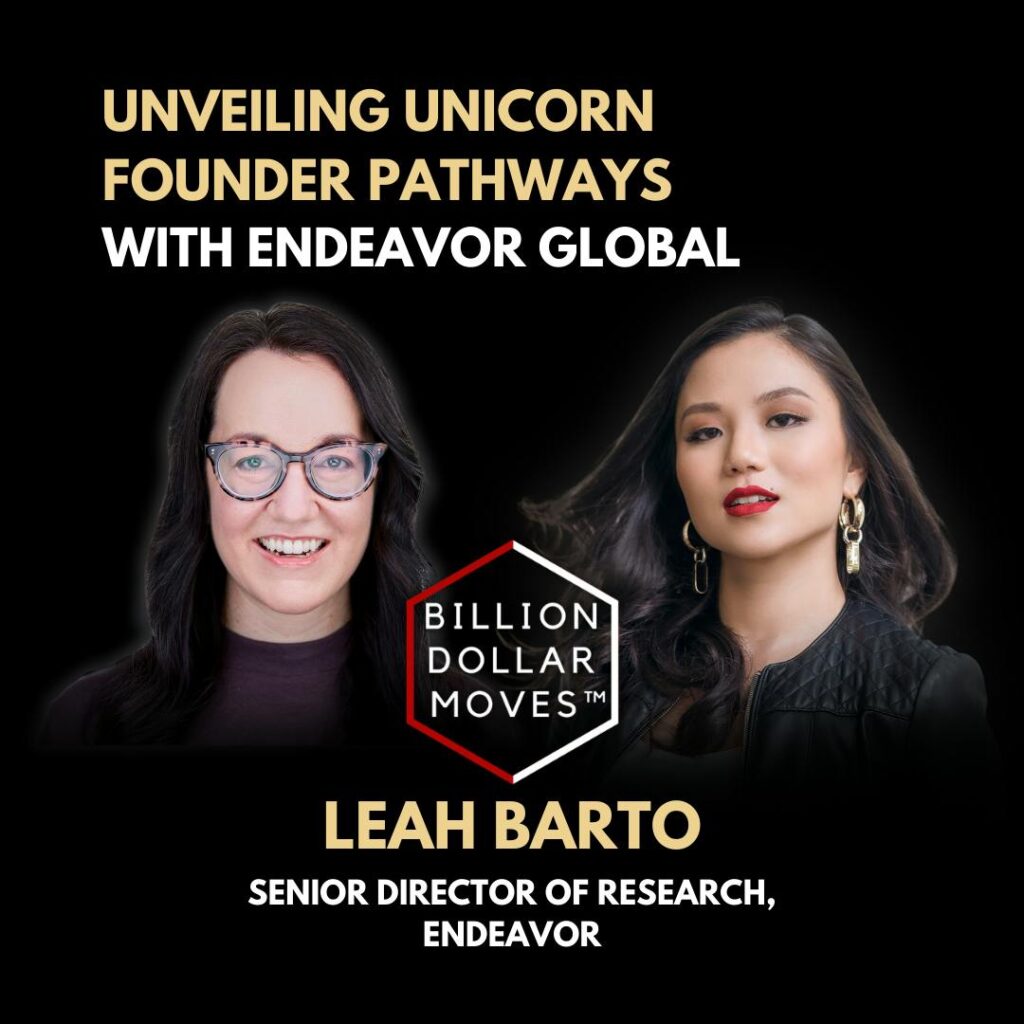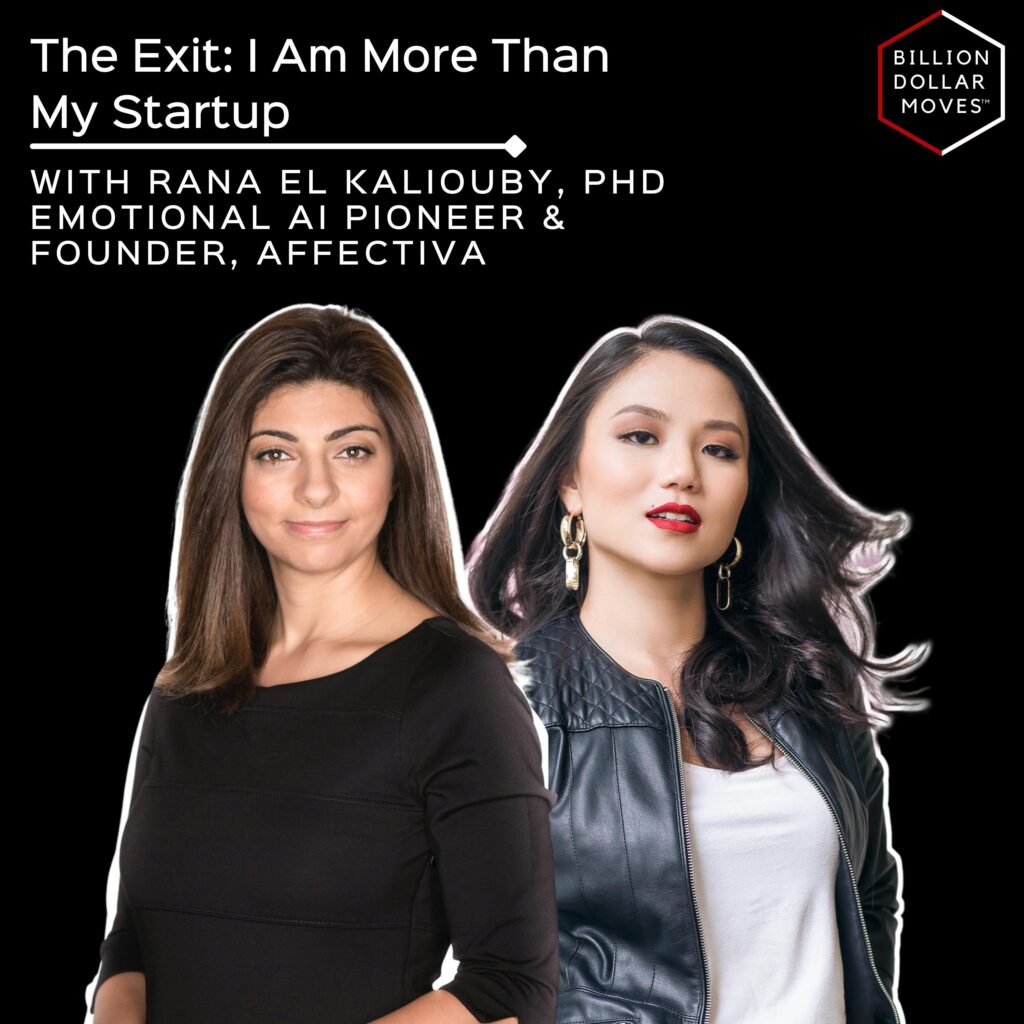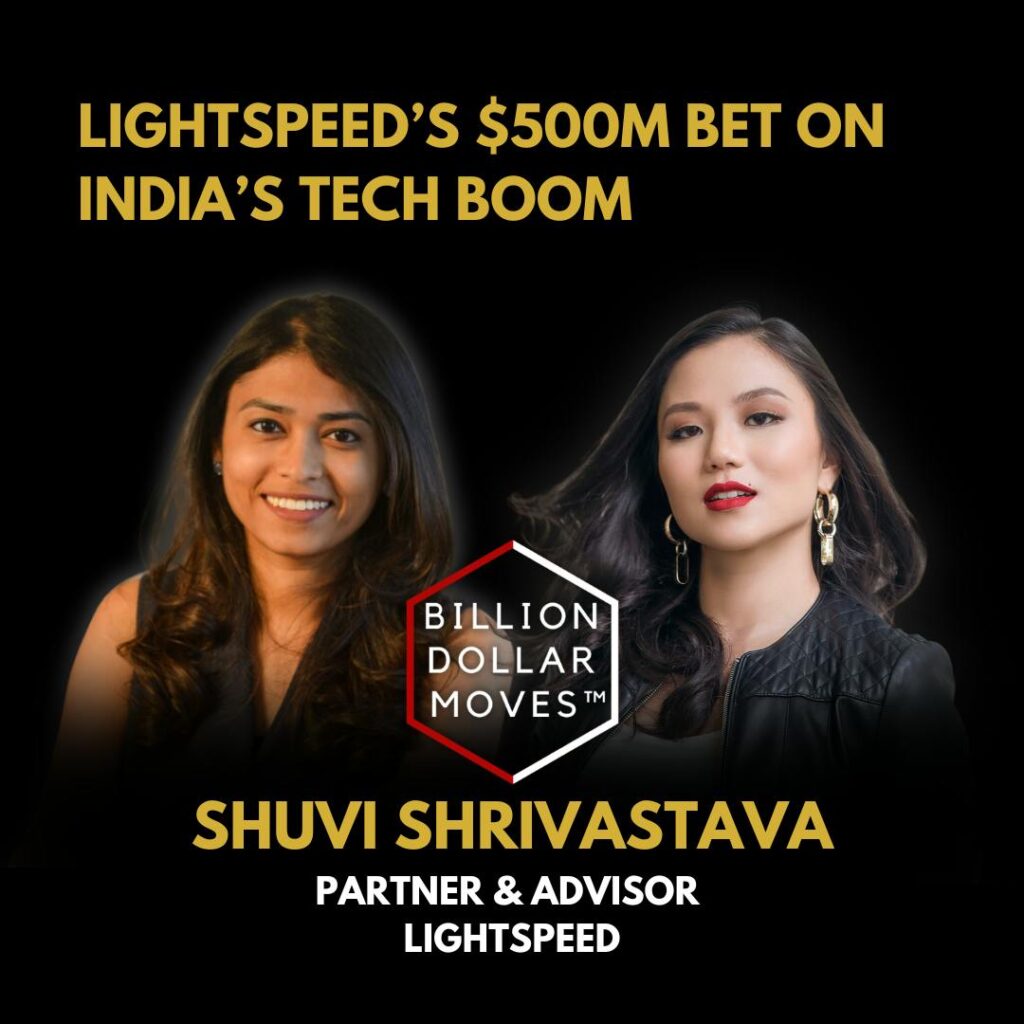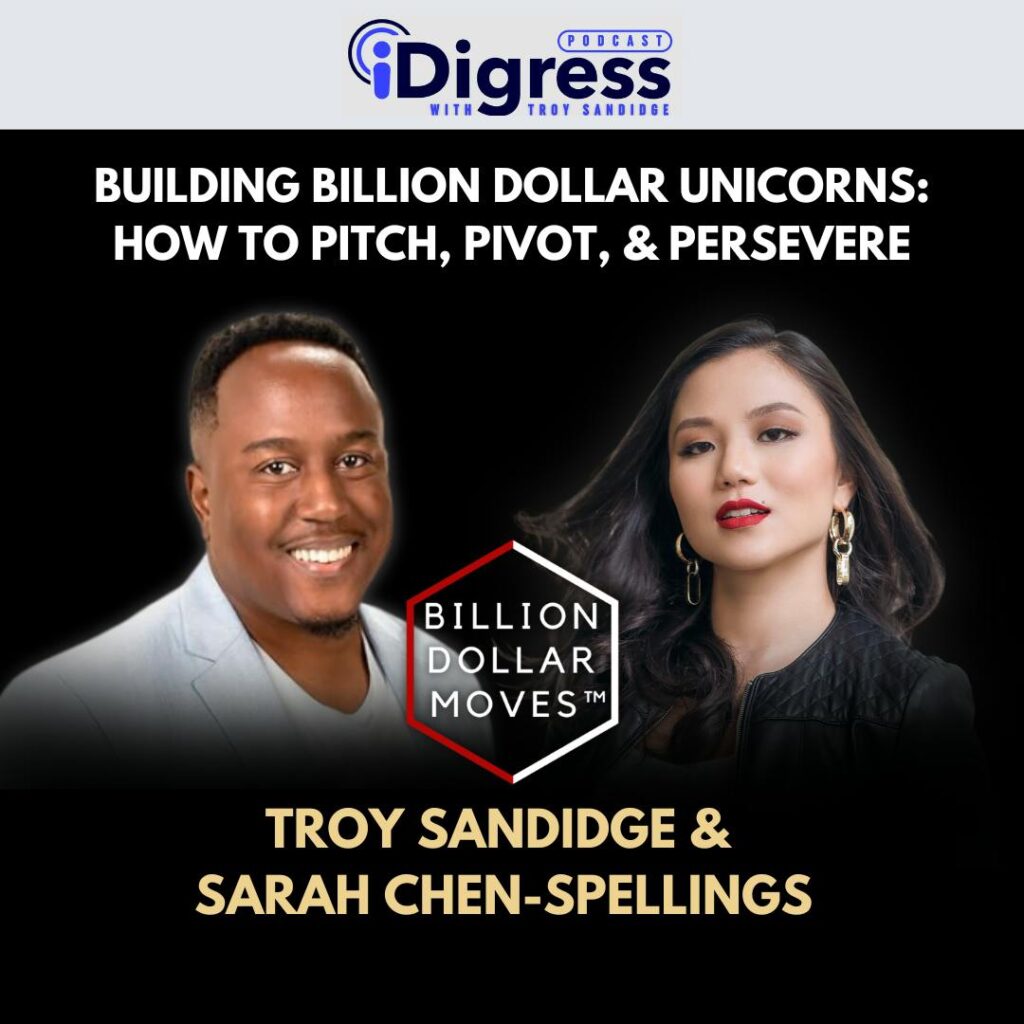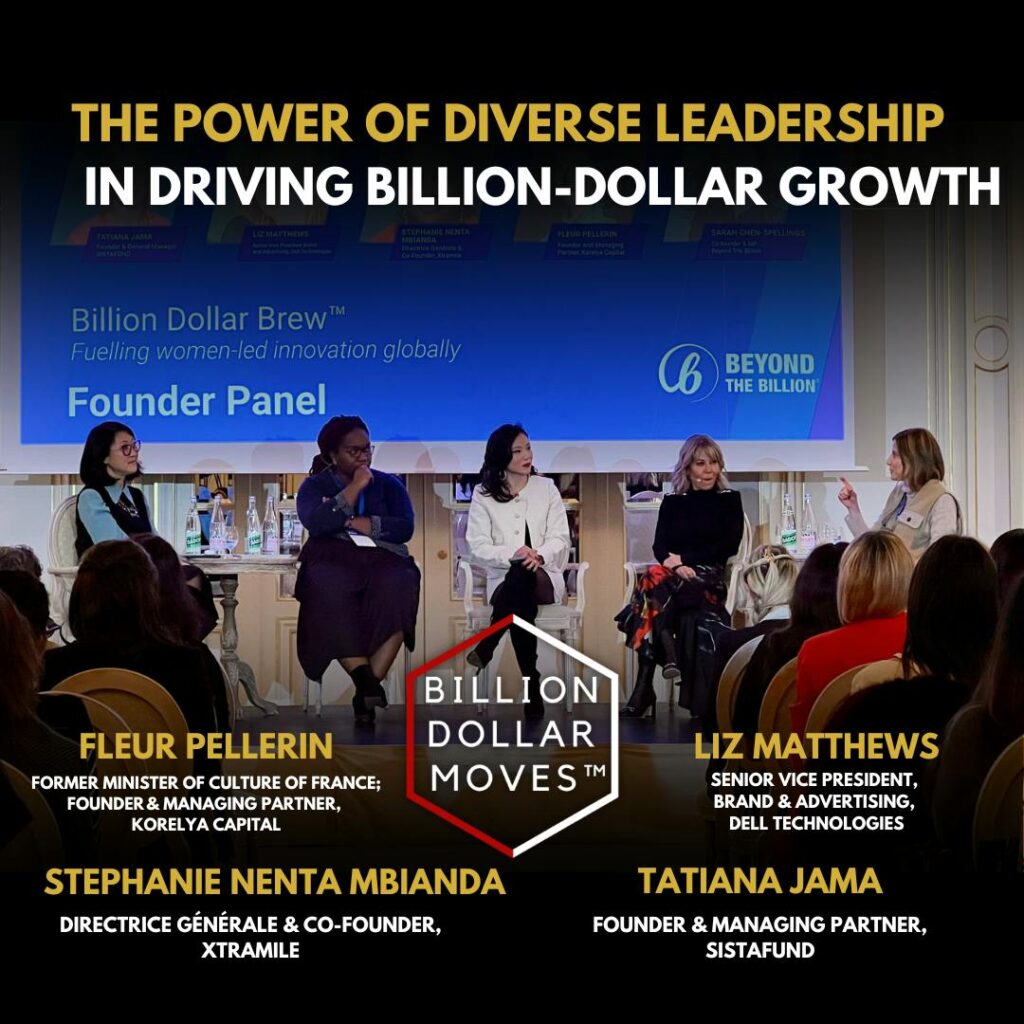Julia Hartz, as the co-founder and CEO of Eventbrite, she took Eventbrite public, only to face a near-collapse when the pandemic brought in-person events to a sudden halt. Despite the unforeseen challenge, Julia steered Eventbrite through turbulent times, and the company continues to thrive today as a publicly listed entity.
This resilience and leadership are why she’s our next feature in the Billion Dollar Moves CEO Series!
TIMESTAMPS/KEY TAKEAWAYS
0:00 – Intro
01:47 – Key Takeaway #1: Sometimes you need to just trust the flow of life
09:24 – Key Takeaway #2: Stay focused through the abundance of opportunities.
11:55 – Key Takeaway #3: Know your nutrients
13:22 – Nutrient 1 – Your First Customers
15:25 – Nutrient 2 – Capital but not using it
16:46 – Nutrient 3 – Talent as fuel
19:15 – Key Takeaway #4: Find the Right Habitat
20:51 – Key Takeaway #5: Cultivate Healthy Paranoia
26:14 – Some actionable questions for you
About Julia
Julia Hartz is an American entrepreneur, investor, and the co-founder and CEO of Eventbrite, a global ticketing and event technology platform. She is known for her leadership of Eventbrite during the COVID-19 pandemic and empowering women in the technology industry.
Sources:
Eventbrite ft. Julia Hartz – A thriving events company took 14 years to build and nearly disappeared in 14 days | Crucible Moments
How I Built This with Guy Raz: Eventbrite – Julia Hartz
Julia Hartz: Crucial Startup Nutrients
Stanford Seminar – Entrepreneurial Thought Leaders: Kevin and Julia Hartz of Eventbrite
What Eventbrite Did Early to Create ‘Sustainable’ Success | Review First Round
–
PODCAST INFO:
Podcast website: https://billiondollarmoves.com
Watch on Youtube: https://tinyurl.com/sarahchenglobal
Join the community: https://sarah-chen.ck.page/billiondollarmoves
FOLLOW SARAH:
LinkedIn: https://linkedin.com/in/sarahchenglobal
Instagram: https://instagram.com/sarahchenglobal
X/Twitter: https://x.com/sarahchenglobal
